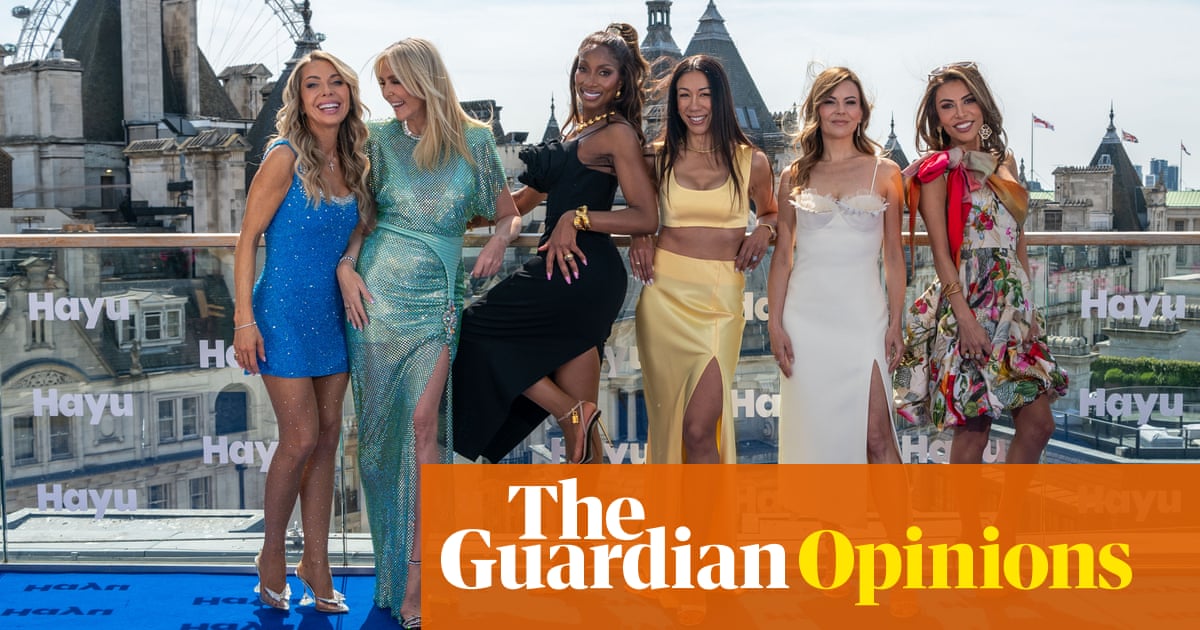The cultural juggernaut that is Real Housewivesis coming to London. The capital’s crop of glamorous, monied middle-aged women with short fuses will apparently include the wonderfully named Panthea Parker, someone known as “The Longest Legs in Belgravia” (Amanda Cronin), and a Chelsea baker called Nessie Welschinger.
It sounds like appointment viewing, but I feel it incumbent on me to ask: is Real Housewives a Good Thing? Gloria Steinem doesn’t think so. “They present women as rich, pampered, dependent and hateful towards each other,”she said in 2021. Other commentators, however, have pointed to the visibility the franchiseoffers a relatively underexposed demographic; the weighty themes sometimes covered, amid the froth; and the fact that, belying the reductive title, most of the“housewives” are successful, confident, professionalpeople (albeit with a taste for drama).
As an intellectual with a more rarefied cultural diet (early 00s Top Chef, currently), I had never seen Real Housewives before. My mental image of the show was basically that meme of a glamorouswoman pointing and yelling at a cat(I was partly right: the woman, Taylor Armstrong, is a Real Housewives of Beverly Hills alum; the cat, Smudge, is not). But in preparation for having an opinion on whether the London edition will advance or injure the cause of midlife womanhood, I watched as much of it as I could cram into a morning.
And honestly, it’s captivating: a loud, baffling smorgasbord of frocks, extensions and heaving décolletés; statement jewellery and high-end athleisure. So much contouring, so many mansions, so many elaborately tablescaped “events”. But mostly (and I don’t think even the greatest aficionados would disagree), Real Housewives seems to be boozed-up shouting.
In this, I would argue, it presents an entertaining – even more accessible? – alternative vision of being a middle-aged woman to Davina McCall’s rock-hard abs and all those impressive people who start new careers, do charity triathlons or climb mountains. Also, almost every clip I’ve watched smashes the Bechdel test – they’re usually fighting not about men but about which of them has obscurely slighted the other.
In conclusion, I declare Real Housewives a net good; bring on the London ladies.
Emma Beddington is a Guardian columnist
